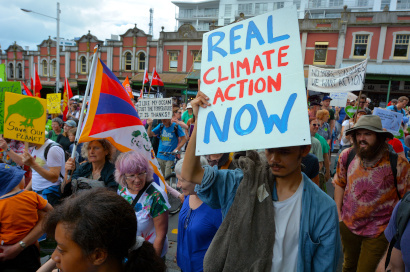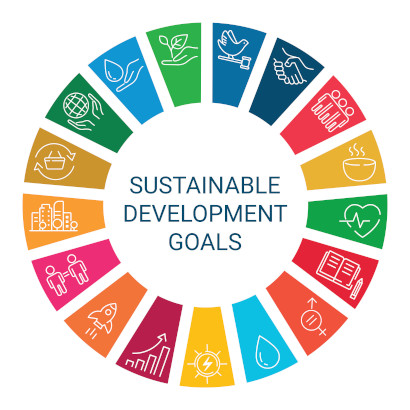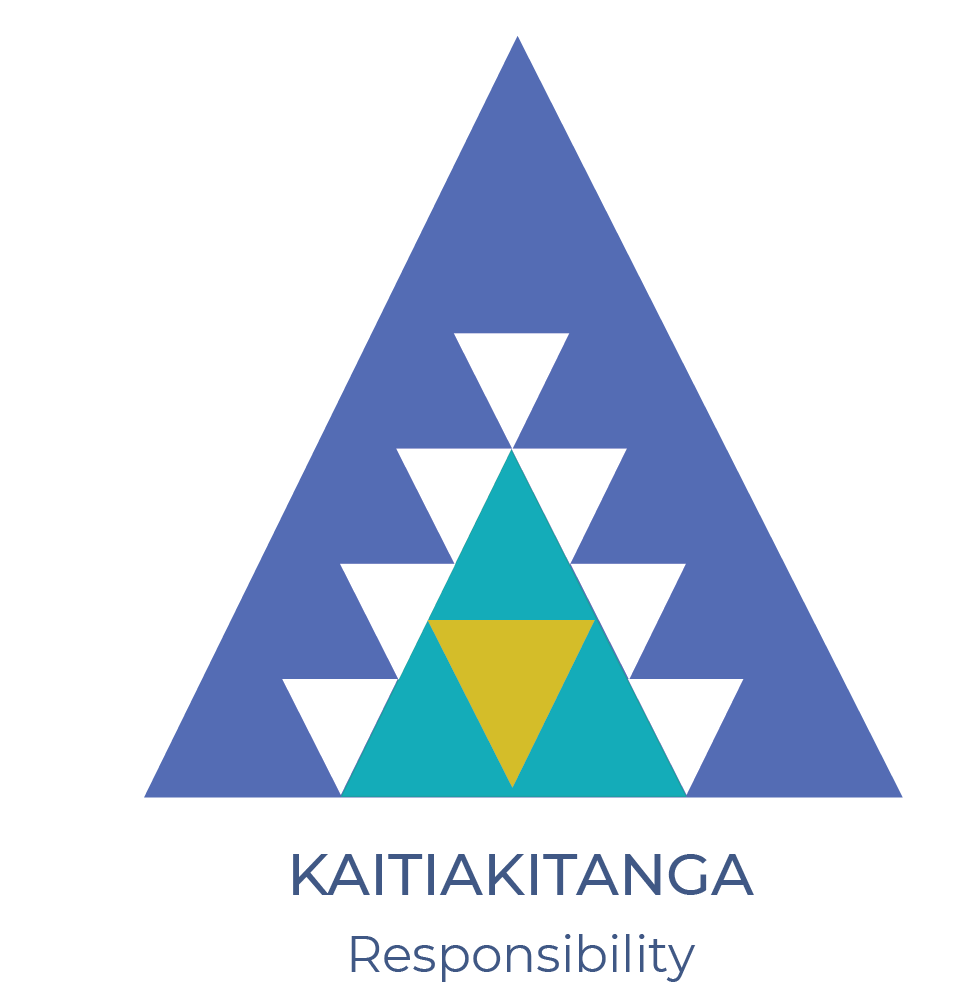Responding to global challenges invites young people to work collaboratively to identify, critically examine and creatively respond to the challenges facing our world today.
What are global challenges?
Aotearoa New Zealand is part of an interconnected and interdependent world. The impact of political and financial decision making, environmental change, natural disasters, conflict, extreme poverty, pandemics and inequality is seldom contained within national borders. Advances in technology, transportation, trade, migration, communication and media have meant that the way we live is deeply connected to people and places all over the globe.

Global challenges are complex problems that have a devastating impact on our shared humanity. These challenges are multifaceted and interwoven, often involving a combination of health, economic, environmental, political and/or social crises. Global challenges are global in nature yet collaborative in solution. They require governments, institutions, organisations, communities and schools to work together towards collaborative action.
How is the world responding to global challenges?
Representatives from 192 United Nations Member States gathered at the United Nations Sustainable Development Summit in New York in September 2015 to discuss and agree upon a united response to tackle global challenges. This led to the adoption of the Sustainable Development Goals (SDGs), which aim to eradicate poverty, end discrimination and protect the Earth through improved economic, social and environmental outcomes.

Since the adoption of the SDGs, countries have actively worked to address the 17 SDG targets in a bid to achieve these goals by 2030. While there is still significant work to do, the SDGs have demonstrated the need for a coordinated effort to address the challenges facing our world today.
How can young people respond to global challenges?
Young people have an important role to play in responding to global challenges. Taking collaborative action in classrooms, schools and local communities teaches learners how to respond to global challenges in practical, meaningful and authentic ways.
Learners are encouraged to reflect on the world they live in, the future they hope to see, the legacy they’d like to leave and the contribution that they’d like to make to humanity. This helps young people to think critically about the challenges facing humanity today and think creatively towards achieving a more equitable, socially just and sustainable future.
In this clip, Associate Minister of Education Hon Jan Tinetti discusses the role that young people can play in responding to global challenges.
Through global citizenship education, learners are encouraged to take collaborative and responsible action within their own class, school and/or local community to create positive, inclusive, sustainable and culturally responsive change. Learners are taught how to ask questions, challenge assumptions and learn about these challenges from a range of perspectives, experiences and sources. Taking action requires learners to:
examine global challenges from a range of perspectives to identity solutions and evaluate possible actions
investigate the impact of global challenges on themselves, their whānau, their local communities and Aotearoa New Zealand
reflect on prior experiences, understandings, assumptions and bias
critically analyse, synthesise and evaluate information presented in media, social media and online platforms to identify and challenge bias, assumptions, and stereotypes
identify and justify the best course of action by critically evaluating possible actions and critically reflecting on intended outcomes
take collaborative and collective action by working alongside peers, organisations, and experts both within and beyond their classrooms, kura and/or school.
In this clip, learners from Oropi primary school discuss how they are responding to climate change within their classrooms and school.
This tohu represents global responsibility. The blue outer triangle represents the world and the shared responsibility that we have within the world.

The white triangles represent the contribution that learners outwardly give to the world, while the teal triangles symbolise the acquisition of ideas, innovation, and skills that are obtained through responding to global challenges. The yellow triangle represents the potential that exists within each learner to achieve this transformative change.
